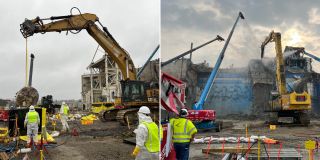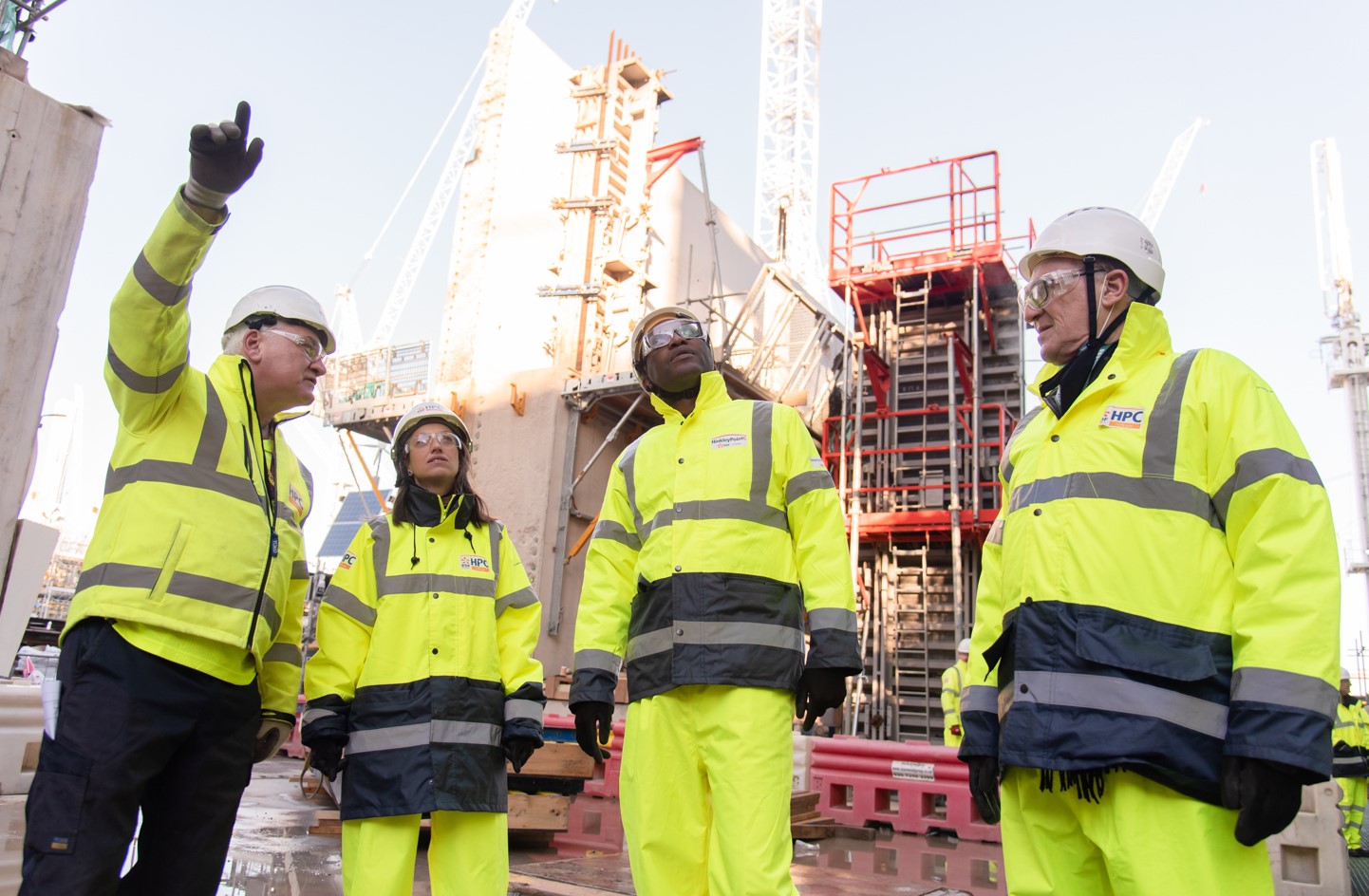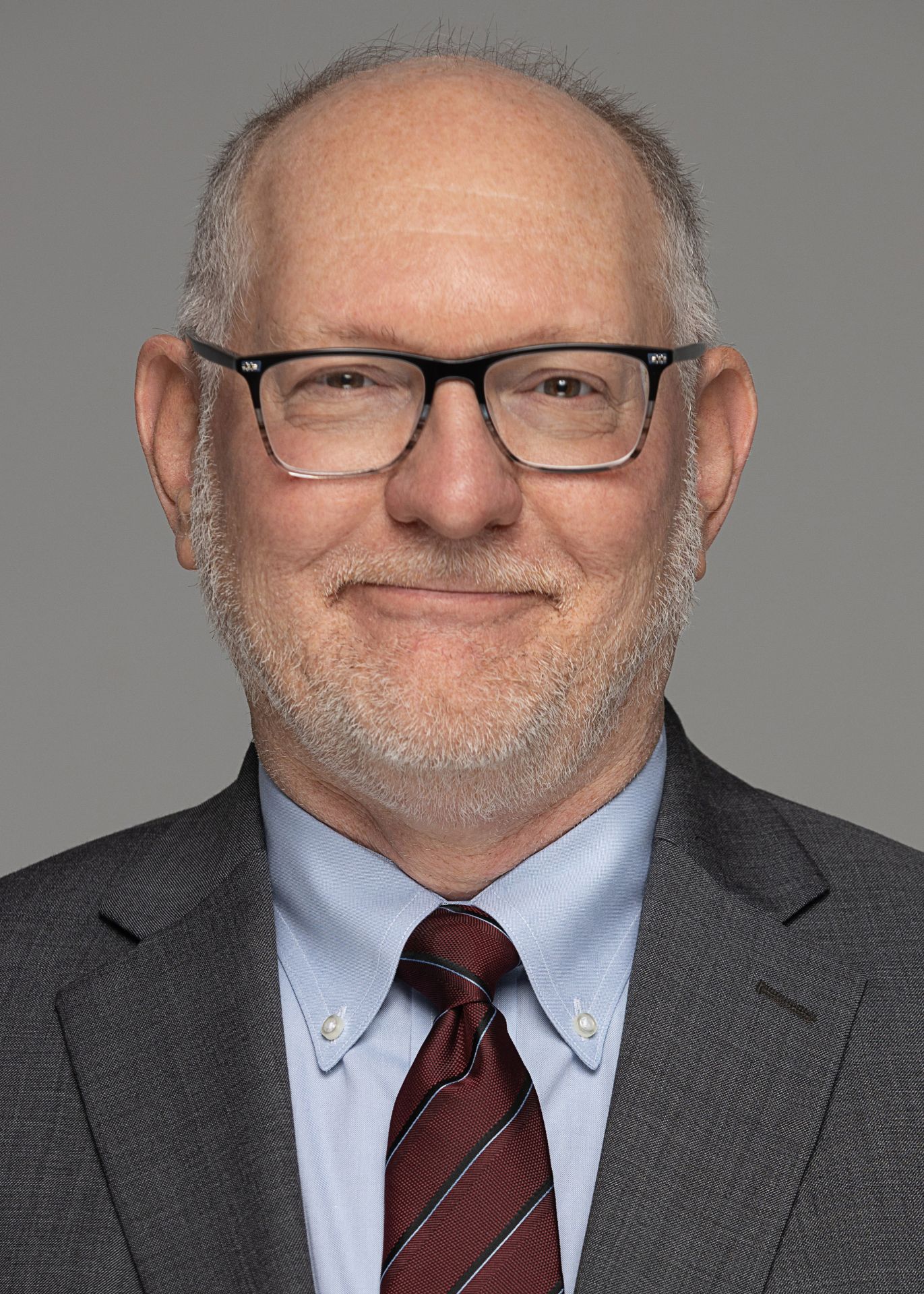From left: Nigel Cann, delivery director at Hinkley Point C, Helen Whately MP, Kwasi Kwarteng MP, and Jean-Bernard Lévy, chairman and chief executive officer of EDF. (Photo: EDF)
Despite last year’s announcement from EDF Energy that the startup of Unit 1 at Hinkley Point C would likely be delayed (from late 2025 to June 2026), current progress at the site is receiving praise from the U.K. government.
On January 13, Kwasi Kwarteng, secretary of state for business, energy, and industrial strategy, and Helen Whately, exchequer secretary of the treasury, toured the nuclear new-build project, accompanied by Jean Bernard Lévy, EDF’s chairman and chief executive.
Czech government officials and company representatives at the January 13 signing. (Photo: Czech Republic Ministry of Industry and Trade)
Westinghouse Electric Company has signed memorandums of understanding with seven companies in the Czech Republic. The MOUs, signed on January 13 at the Ministry of Industry and Trade in Prague, cover cooperation on the potential deployment of a Westinghouse AP1000 reactor at the Dukovany nuclear plant, as well as other potential AP1000 projects in Central Europe.
Schools distributed information about the pilot trial in their communities, and schoolchildren participated in the biweekly release of sterilized male mosquitoes. (Photo: Manuel Fernández, Cuban Agency of Nuclear Energy)
Cuba’s plan to use the sterile insect technique to tackle the spread of dengue—a viral, mosquito-borne disease—relies on expertise and technology from the International Atomic Energy Agency. The technique is not new, having been used to control different insect-vector diseases in diverse regions of the world.
Xiaoluo Wang (right), a fellow under the IAEA Marie Sklodowska-Curie Fellowship Program, graduated last year with a master’s degree in nuclear engineering and is getting work experience at the IAEA's Division of Nuclear Fuel Cycle and Waste Technology. (Photo: A. Tarhi/IAEA)
The International Atomic Energy Agency has selected more than 110 female students from around the world to receive scholarships under its Marie Sklodowska-Curie Fellowship Program.
Launched in 2020 by the IAEA's director general, Rafael Mariano Grossi, the program offers young women an opportunity to pursue studies toward a master’s in the nuclear field by providing financial support and practical experience. Its aim is to help close the gender gap in the traditionally male-dominated nuclear sector, where women make up less than a quarter of the workforce globally, according to data from the World Nuclear Association.
Kurt Terrani observing a chemical vapor infiltration furnace at ORNL during densification of additively manufactured nuclear-grade silicon carbide. (Photo: Carlos Jones/ORNL/DOE)
Ultra Safe Nuclear Corporation (USNC), a Seattle-based reactor developer, has licensed an additive manufacturing technique developed at the Department of Energy’s Oak Ridge National Laboratory to print refractory materials into structural and core components for the company’s microreactor designs.
[CLICK TO VIEW FULL IMAGE] The diagram at left illustrates the experimental setup and the resulting zirconium oxide layer of varying thickness. The second diagram shows the circular zirconium alloy sample that is affected by the band of nickel alloy and radiation. Finally, the electron image at right shows a band of oxidation on the zirconium alloy sample. (Images: Peng Wang, Michigan Ion Beam Laboratory)
A longstanding issue in boiling water reactors—shadow corrosion on zirconium alloy fuel rods and fuel channels—has been reproduced in the Michigan Ion Beam Laboratory as part of an effort to understand and prevent the phenomenon. Research led by Peng Wang, a University of Michigan assistant research scientist in nuclear engineering and radiological sciences, was published in the January 2022 issue of the Journal of Nuclear Materials and described in a recent university news article.
The Flamanville nuclear power plant in France.
France’s Flamanville-3 project, plagued by schedule setbacks and cost overruns for well over a decade (construction of the unit commenced in December 2007), will be delayed a bit longer and cost a bit more.
Électricité de France announced yesterday that fuel loading at the 1,600-MWe EPR has been pushed back from the end of this year to the second quarter of 2023. The delay increases the project’s cost at completion from €12.4 billion (about $14.2 billion) to €12.7 billion (about $14.5 billion), more than four times the initial estimate of €3.3 billion, according to EDF.
Oak Ridge before-and-after views: At left is the Oak Ridge Gaseous Diffusion Plant when it was closed in the late 1980s, and at right is a view of the site today, known as the East Tennessee Technology Park. (Photo: DOE)
Energy secretary Jennifer Granholm honored a Department of Energy Office of Environmental Management (EM) team from Oak Ridge with the Secretary of Energy’s Achievement Award during a virtual ceremony yesterday for successfully removing a former uranium enrichment complex. The project cleared 13 million square feet of deteriorated, contaminated structures from the site.
Pro-nuclear groups rallied to keep Diablo Canyon open beyond 2025 in front of the San Luis-Obispo County Courthouse in California on December 4, 2021. (Photo: Save Clean Energy)
Over the past couple of months, the nuclear community has participated in a grassroots effort to save the Diablo Canyon nuclear power plant from premature closure—and it appears to be having an effect. The growing support for keeping Diablo Canyon open is seen in editorials, an academic study from Stanford/MIT, and a grassroots rally held in December 2021 to show support for keeping Diablo Canyon operating.





 The International Energy Agency’s newly published in-depth review of Canada’s energy policies, the first since 2015, urges the nation’s government to take more action in support of nuclear energy.
The International Energy Agency’s newly published in-depth review of Canada’s energy policies, the first since 2015, urges the nation’s government to take more action in support of nuclear energy. The Department of Energy’s Office of Environmental Management (EM) has established its key priorities for calendar year 2022, covering planned cleanup, project construction, acquisition, and other important accomplishments to advance the office’s environmental and risk-reduction mission. EM is responsible for handling the nation’s Cold War environmental legacy resulting from five decades of nuclear weapons production and government-sponsored nuclear energy research.
The Department of Energy’s Office of Environmental Management (EM) has established its key priorities for calendar year 2022, covering planned cleanup, project construction, acquisition, and other important accomplishments to advance the office’s environmental and risk-reduction mission. EM is responsible for handling the nation’s Cold War environmental legacy resulting from five decades of nuclear weapons production and government-sponsored nuclear energy research.









